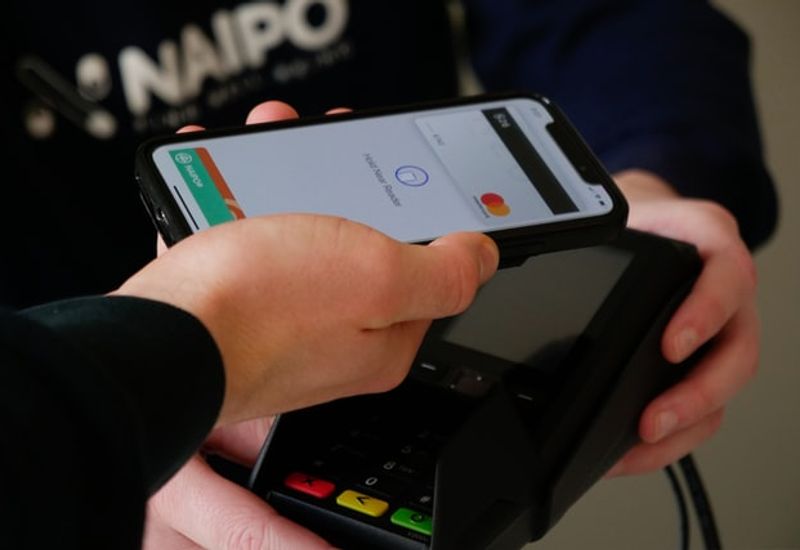Do you know how technology affects different people in society? How do your fellow classmates cope with the new digital era, if they haven't got the latest gadgets?
In the new normal of today, everyday life is moving more and more online, even as we look to the end of lockdown restrictions. However, research conducted by the University of Cambridge has highlighted the widening of the digital divide, where poorer families are unable to participate as fully in society as those with all the latest tech. Students are impacted by this, too - imagine you didn’t have access to a laptop, smartphone or tablet? It might seem far-fetched for the majority of students, but for some it’s the reality.
On the flip side, students are pretty good with tech and learn quickly, and there are plenty of opportunities to interact with others online, whether that be through socialising safely, online forums or writing blogs. The real question is whether this change is sustainable - can you keep up with the latest flurry of tech innovations?
Payments
Of course, tech isn’t cheap. Unlike many countries, the UK has been receptive to digital payments for a long time, with 77% of all transactions in 2019 being via card or contactless. And Covid-19 restrictions have pushed this even further, with digital menus and order-and-pay systems to ensure social distancing while eating out. With the contactless limit set to rise to £100, this removes cash from the equation entirely. For most students, going contactless may be the norm, but for those without bank accounts or cards, it widens the digital gap even further.

Banking gap
According to financial experts Finder, 1.3m UK adults don’t have access to a bank account. This can be due to a number of reasons, including homelessness, a lack of documentation, or a simple inability to access services for geographical reasons. This is, of course, creating a huge issue in the new digital age, where it is expected that adults will be able to use digital services to manage various areas of their life. Increasingly, work is being done to tackle this and improve inclusion. If you’ve watched the show Back to Life on Netflix, you’ll see how difficult it is for some to access services that we take for granted.
Government initiatives
The digital divide has caused parliament to take action. £8m has already been provided to fund ‘skills boot camps’ to give families and individuals lacking the necessary skills an opportunity to build them. For students, these boot camps contain useful hacks, tips and tricks for dealing with the joys and responsibilities of adult life - utility bills, council registration, voter polling and contact tracing apps.

If you’re a computer-using, smartphone-owning, tech-savvy student, you might be unaware of the issues facing some people through the move towards a digital society. But there are many areas in which anyone, students included, could struggle. If you need help accessing online services or getting the right tech in place, speak to your university, student union or find out what help is available.
Prospective student? We want to hear from you! Join the Student Hut Forum and earn £s by taking surveys.













